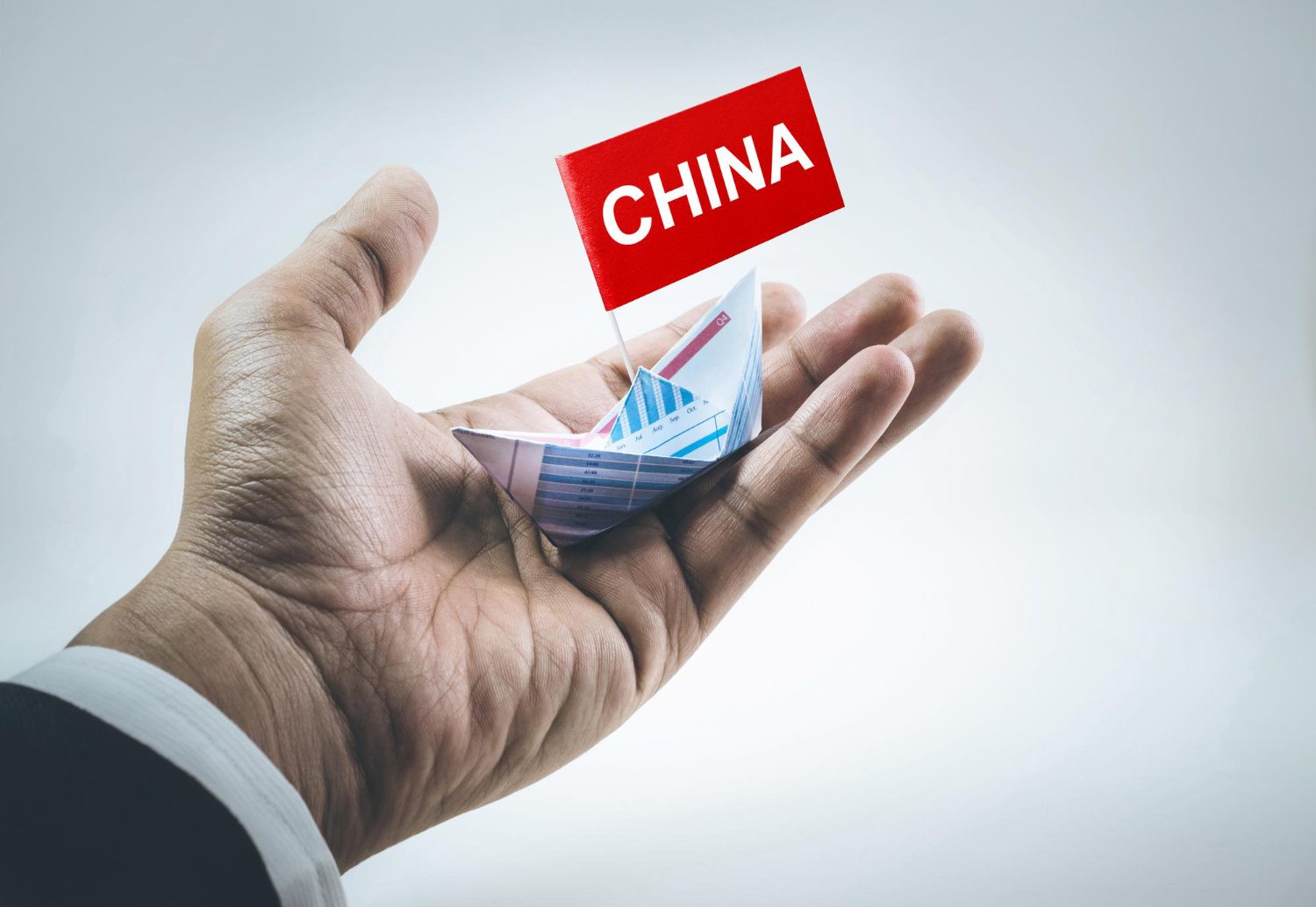Commerce in China has encountered a revolution in the last decade. While Western society has suckled on Mastercard and Visa for decades, Chinese consumers skipped plastic cards altogether and adopted a cashless society instead.
A decade ago in China a Chinese consumer could only purchase goods with cash. Now, many Chinese businesses no longer accept cash payments. Digital currencies like WeChat Pay and Alipay are used to buy a property, or to pay a taxi taxi fare in China, while cash is frowned upon for its inconvenience.
Chinese businesses abroad have introduced a renaissance of cashless payment options in Western countries as well.
The International Spread Of Chinese Commerce
On a return trip to Australia, I noticed many shops in Sydney accepted WeChat and Alipay.
WeChat and Alipay both exclusively use Chinese currency for its transactions. Chinese businesses in Western countries like Australia have provided additional payment options such as WeChat Pay and Alipay to their mostly-Chinese consumers abroad.
Chinese businesses overseas determine a fee in Renminbi (RMB) based on the exchange rate. Once a payment for goods or services is made in a foreign country, the money technically remains in China.
As the influence of Chinese business abroad spreads, and Chinese currency becomes more central in overseas transactions, WeChat and Alipay will become like the Mastercard and Visa of the old world. Western economies like Australia will lose out on local consumers spending in a local currency.
Instead of America, China will dominate global currency.

China’s Push To Global Economic Dominance
China as a port of global currency could be a fear of national governments. Digital payment options like Alipay and WeChat Pay makes it easy for Chinese business to expand their businesses overseas.
A restaurant business for example could essentially set up shop in a Western country like Australia, pay for their local ingredients in Chinatown with WeChat Pay, and sell their cuisine in RMB as well.
Most of the Chinese diaspora – with family members and one foot still in China – could opt to choose WeChat and Alipay instead of a local currency.
Western countries like Australia would only see the money that is required to set up those local shops and businesses, and pay for the certificates to conduct business in Australia.
If all Chinese businesses overseas offered payment options in Chinese currency to its Chinese diaspora abroad, then Western countries would not see any of that commerce.
Like camel caravans on the silk road, business profits made by Chinese companies in Australia would go back to China.
China’s New Silk Road
In the not-too-distant future, I could imagine a scenario where Chinese people travel overseas in the knowledge that they do not have to exchange their money to a Western currency.
While their wallet remains in China, they move their physical bodies around the world.
Chinese abroad can continue to use the money in their Chinese bank accounts without attracting international charges and fees for using that money as they travel around the world.
Digital currency through platforms like WeChat and Alipay sees more frequent trade in online e-commerce stores and mobile APPs to the point where being able to make cashless payments both in China and overseas has become fairly attractive.
If Chinese business is able to dominate the currency markets and spur a global cashless revolution, then more power to them.

Diary Of A Mad Chaos is a daily diary written from March 1996 until today, of which individual books and book series have been created, namely “The Lost Years” an exploration of young, entwined love, the “Wubao In China (猎艳奇缘)” book series which provides an extensive comparative analysis of the cultural differences between Eastern and Western societies, and the book titled “Foreigner (华人)” an exploration of race relations in Australia.










